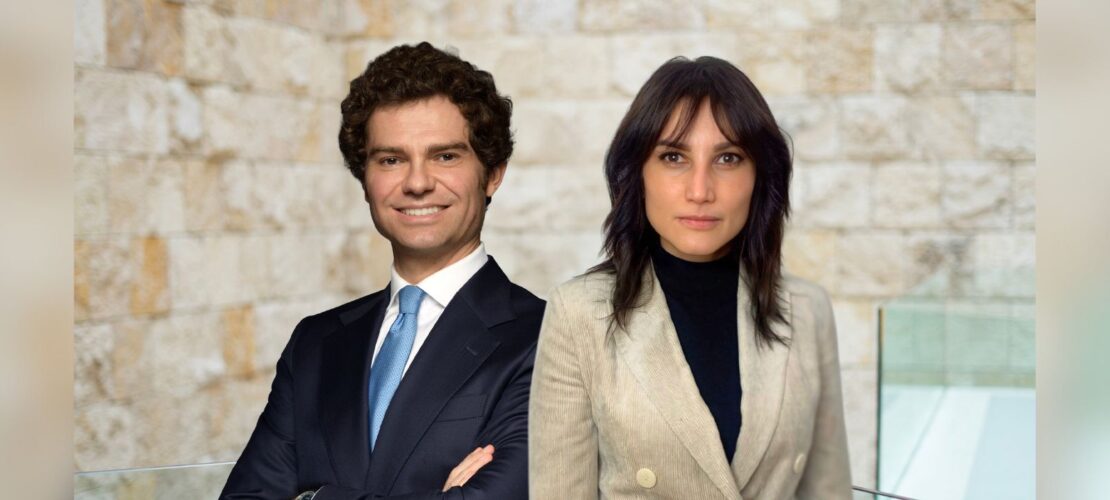Leadership in law: beyond legal expertise
In a sector where technical skill is taken for granted, leadership emerges from the human side
by mercedes galán
In a sector where technical excellence is a baseline requirement, more and more voices are highlighting the importance of less tangible skills that are decisive for professional growth. Presence, communication skills, and the projection of confidence are becoming key factors in a lawyer’s career.
Many legal professionals focus their efforts on honing their expertise and achieving results, but rarely pause to reflect on how others perceive them. How do clients, partners, and teams see them? What do they convey when presenting an argument, leading a meeting, or negotiating a complex deal?
Executive presence has become a key competency in the legal field, but, as three leading voices in the sector agree, it is not just about projecting confidence—it must come from authenticity. Marlen Estévez, partner at RocaJunyent and president of Women in a Legal World, is clear: “Presence starts with authenticity. When you connect from who you are, not from what you pretend to be, you generate trust, and that is one of the greatest powers we can have in our profession. Reaching that point requires a lot of self-awareness: investing time in yourself and understanding the ‘why’ behind what you do,” she emphasizes.
This idea is also supported by Carlos Nieto, a headhunter specializing in legal talent selection at WeHunt. “The legal sector is brilliant from a technical standpoint, but there is still a gap in relational skills. Being a great lawyer is not enough: you must know how to listen, communicate, and generate trust. Ultimately, careers grow based on the quality of the relationships you build,” says Nieto.
Both agree that leadership begins within and involves caring for the mind, body, and spirit, asking for help when necessary, and relying on those who complement your strengths. “When that inner compass is well aligned, everything else—professional, personal, family—sustains itself,” Estévez underlines.
From another perspective, Nerea de Antonio, HR director at Freshfields, confirms that soft skills are now a decisive criterion in talent selection and promotion. “Every year, we bring in young lawyers with outstanding technical training, but what really makes a difference are skills like effective communication, empathy, and emotional intelligence. These qualities allow professionals to adapt and thrive in a collaborative environment.”
The power of relationships
…












